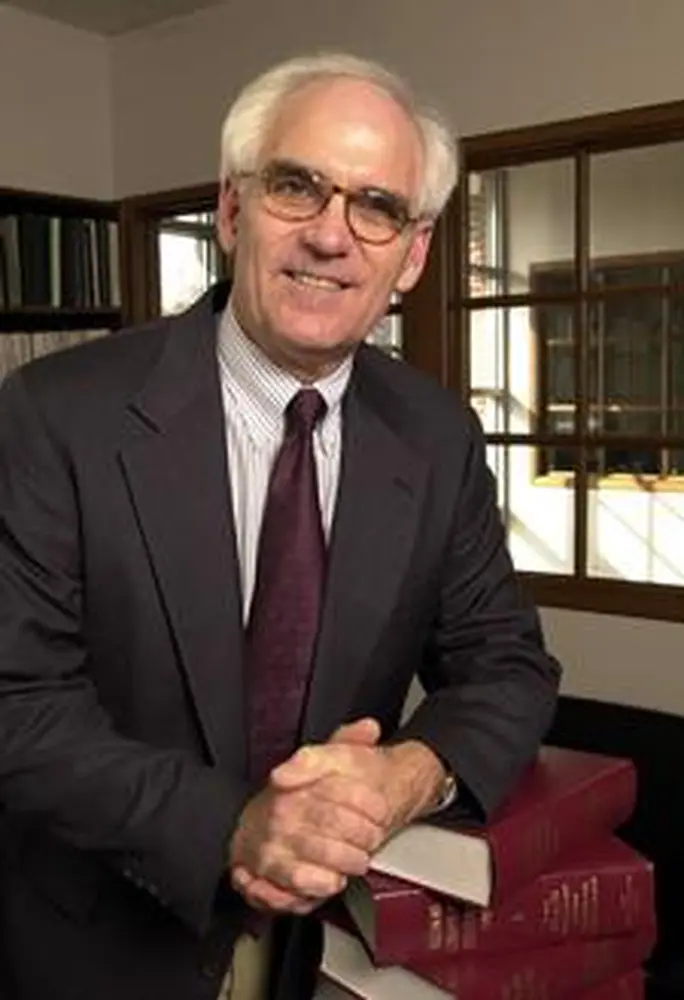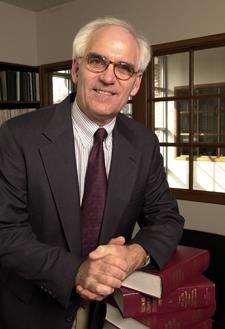

The U.S. economy is sputtering amid a lingering housing slump and growing jitters on Wall Street, but whether a recession lies ahead is still anyone's guess, a trio of University of Illinois economic experts say.
Economists J. Fred Giertz and Anne Villamil in the College of Liberal Arts and Sciences, along with Jeffrey R. Brown, a finance professor in the College of Business, say dark clouds that have hovered over the economy since last year don't necessarily foreshadow the nation's first recession since 2001.
They say four interest rate cuts since September—with another likely when the Federal Reserve Board meets this week—could jolt the sagging economy. So could a $150 billion economic stimulus package proposed last week by President Bush and congressional leaders.
"But the risks of recession are rising," says Villamil, whose research has examined the impact of inflation on public finance. "Financial markets fear that credit problems and lower demand due to reduced consumer wealth and confidence will lead to a decline in spending, corporate profits, employment, and output."
The housing downturn and its ongoing impact on financial institutions that have suffered deep losses from sub-prime mortgages are particularly worrisome, she says.
"Housing is an important component of consumer wealth and losses at financial firms are not yet fully known," Villamil says. "The U.S. economy is fundamentally strong, but these problems will provide a drag over the next few quarters and continued stock market volatility."
Brown says the nation's economy could actually grow rather than decline this year, though at best it will still fall short of the 2.2 percent growth rate in 2007.
Which direction it goes depends on several important unknowns, such as whether the sub-prime mortgage meltdown has bottomed out, how tight credit becomes, and whether consumer confidence wanes, he says.
"While the recent Fed rate cut of 75 basis points should help in the short-run, the unexpected timing and magnitude of the cut may have also inadvertently damaged consumer confidence by signaling that the economy may be in worse shape than we thought," says Brown, who has served as a senior economist with the President's Council of Economic Advisers.
Giertz says it's too early to tell whether the economy is simply slowing or in actual decline. But he says a recession, if it comes, likely would be relatively modest.
"Most observers believe that the modern economy is better able to adjust to changing economic conditions than in the past. This means that firms make quick adjustments to changes in their situations that avoid more drastic consequences later on," says Giertz, who is also a a professor in the U of I's Institute of Government and Public Affairs and publishes the monthly Flash Index on the Illinois economy.
While the nation's economic policymakers cannot be expected to provide complete economic stability, they should be counted on to avert major problems and, more importantly, to keep minor problems from spiraling into catastrophe, Giertz says.Â
"The record the last 25 years has been very good in this regard," he says. "We can only hope it continues."


